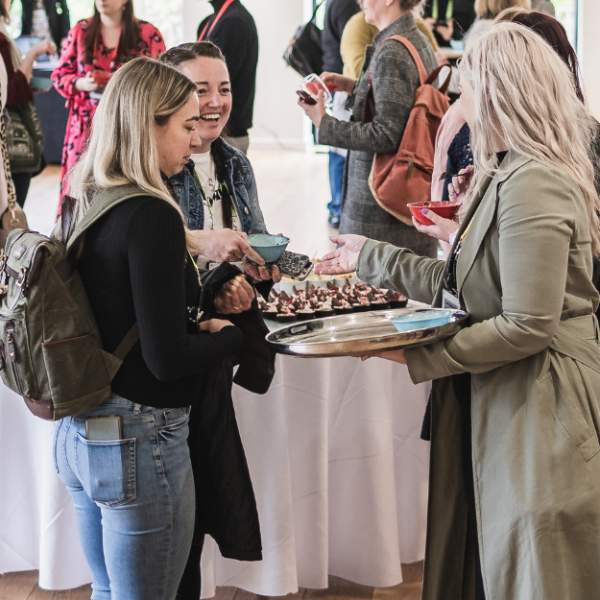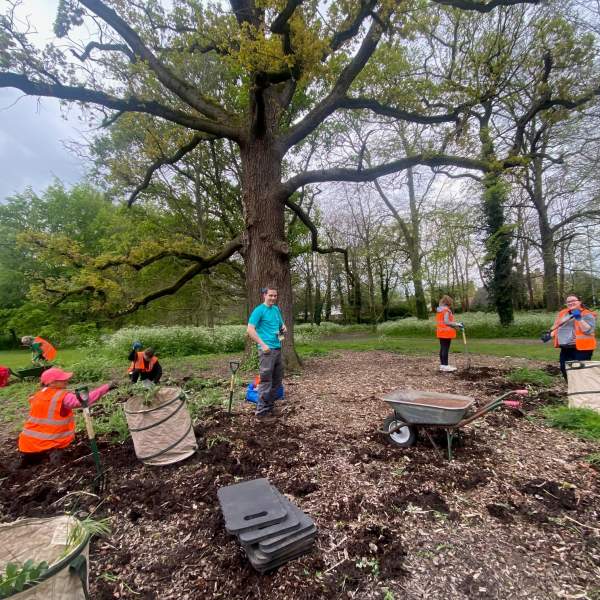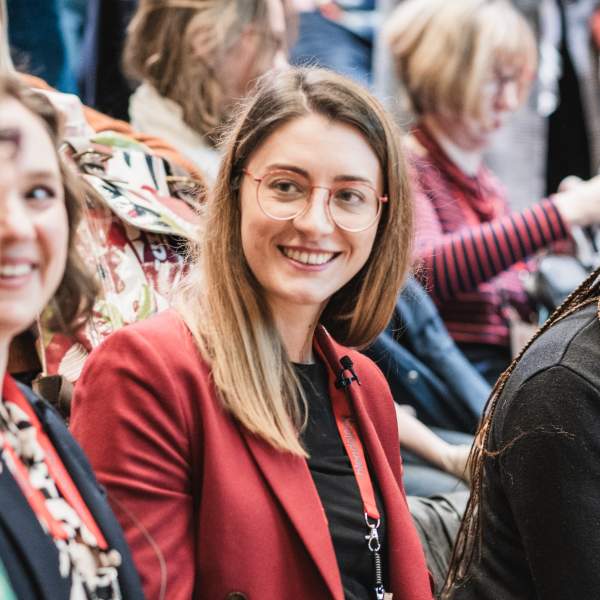Planning a Sustainable Event
As event professionals we know what can be achieved by a successful event, the sharing of knowledge, new collaborations, learning and networking opportunities and of course the sheer joy of meetings up with other like-minded humans but when it comes to sustainable actions, there is so much more that we can all do. We have a shared responsibility to mitigate the negative impacts of events whilst creating, amplifying, and providing opportunities for positive change too.
Just Start!
They say that if you want something doing, ask a busy person…we know that event planners by the very nature of their roles are already juggling so many things and to add in extra responsibility for the planet is asking a lot, but a step-by-step approach could be key to getting started. The Association of British Professional Conference Organisers (ABPCO) suggest starting with a roadmap of realistic and measurable targets with three main areas: environmental, economic and social and from there choose an objective for each. From this framework, a coordinated approach between organisers, venues and suppliers can be achieved. In every case though, it’s important that you just start!
For more information and help on setting aims and objectives for your event, see our Tips for Successful Events series…and check out our ideas for alternatives to goody bags!
Remove, Reduce, Repurpose, and Recycle BEFORE Offsetting
Consider your previous events, which elements could you remove altogether; goody bags, note pads and pens? Then, think about ways to reduce the environmental impact of your event – a meat-free menu using locally sourced products would certainly help. Once you are clear on what can be removed and reduced, think about equipment and resources from past events that could be repurposed – signage, lanyards, and badge holders, for example. When sourcing materials, choose products that can be recycled, pop-ups and banners for example would certainly help. When you are confident that you have done everything you can to remove, reduce, repurpose and recycle and after having measured the carbon footprint of the event, it may be time to consider off-setting but be sure to choose a reputable company so you can be sure that your off-setting goes to the right project.
Sustainable Food Choices
Choose fresh, seasonal produce that’s locally sourced with plenty of plant-based options. Calculate food miles and provide the details on menus to encourage delegates to choose the most sustainable options. Opt for venues that can offer menus that demonstrate a commitment to local produce with ingredients that have higher environmental, social or animal welfare standards – products carrying the LEAF Marque, Fairtrade or Red Tractor accreditations are all great choices. Choose a venue that has a focus on sustainably sourced fish to protect fish stocks. Check out the Good Fish Guide and look for Marine Stewardship Council (MSC) certified fish on the menu. Speak to your venue to find out more about which methods are in place to reduce food waste from preparation surplus and over-portioning.
More tips on sustainable food choices.
Coordinated approach
Share your roadmap or your framework with your chosen venue, your suppliers and sponsors. Remember to share your efforts and successes with your audience too, you’ll need to get everyone involved to be able to measure your success. VisitBritain has published a useful practical tips document to help you get started with ideas for what you could do in the areas of energy; travel and transport; food and water, and event production.
Creating Opportunities
What positive activities can you add to your next event to create impact? It’s a huge topic but we have a blog on how to incorporate impact into your next event to get you started…some simple ideas we have seen recently include asking delegates to bring a donation for the city foodbank, planning a volunteering activity between sessions or offering a number of conference places to representatives from local charities or patient groups.







